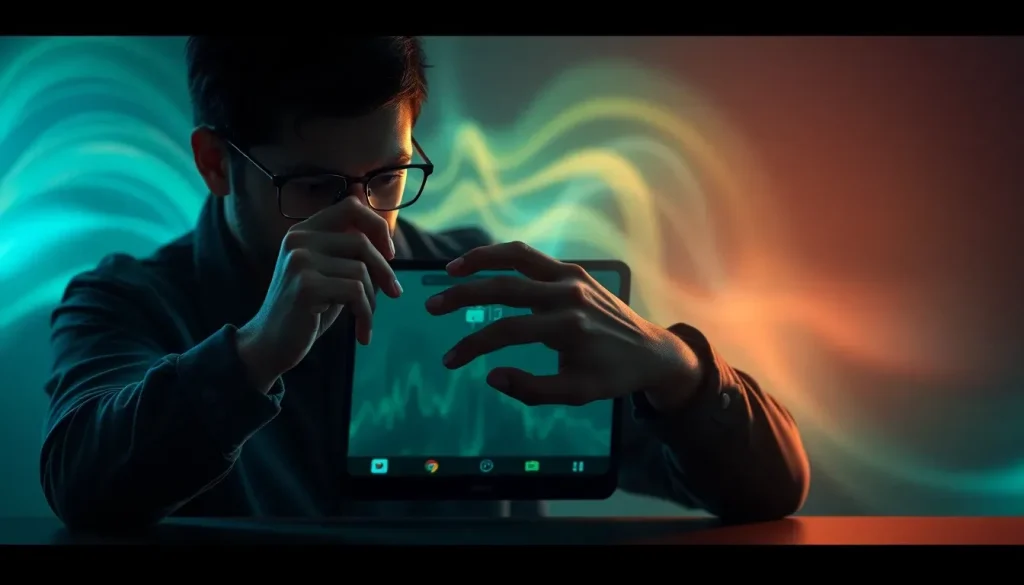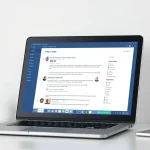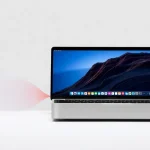Nothing introduces bloatware and ads, sparking user outrage

In a controversial move that has stirred significant discontent among its users, Nothing has introduced bloatware and advertisements into its operating system with the beta release of Nothing OS 4.0. This decision marks a notable shift for the company, which has positioned itself as a disruptor in the tech industry, and is likely to ignite heated discussions among its user base.
Last Friday, Nothing confirmed that the upcoming Nothing OS 4.0 will ship with preinstalled third-party applications and introduce a feature named Lock Glimpse. This feature is designed to showcase "useful" and "curated" content disguised as wallpaper. The implications of this change are vast and raise questions about user experience and product integrity.
The rationale behind this decision, as expressed by the company's leadership, revolves around the increasing material costs associated with their devices, which are reportedly higher than those of competitors. To counteract these costs, Nothing is exploring "sustainable revenue streams" that will help maintain competitive pricing for their mid-range and budget products. The company believes that these new strategies are essential to avoid passing excessive costs onto consumers.
Under the new version of Nothing OS, select low-end models will come with third-party applications and services preinstalled. The company claims that these won't be random selections, but rather apps that users typically install on day one, such as Instagram. This integration, according to Nothing, could potentially enhance user experience by improving performance and providing tailored features, like camera optimizations and sharing options.
Nothing OS introduces preinstalled apps and advertisements
Beyond the introduction of preinstalled apps, Nothing has elaborated on the details of the Lock Glimpse feature. This new personalization tool will display selected wallpapers based on various categories, but it will also serve "timely updates and useful content." This wording raises eyebrows, as it implies the presence of sponsored content, an aspect that many users may find intrusive.
Lock Glimpse is currently part of the beta for Nothing OS 4.0, which is accessible on the Nothing Phone (3a). As users begin to interact with this feature alongside the preinstalled apps, it will be intriguing to observe its impact on the overall software experience. Early reactions have been predominantly negative, suggesting that many are not receptive to these changes.
The online response to Nothing's announcement has been overwhelmingly critical, with numerous users labeling the new additions as bloatware. This backlash is particularly striking considering that key figures within Nothing, including co-founder Carl Pei, have previously criticized competitors for similar practices. Screenshots of past comments from Pei have circulated widely, highlighting the apparent hypocrisy in the company's current strategy.
- Users express dissatisfaction with the new bloatware.
- Critics reference past statements from Nothing's leadership.
- Concerns about user experience and product integrity grow.
In response to the backlash, Nothing has stated that the preinstalled third-party apps will be minimal and only the most essential will be included. Users will have the ability to uninstall these apps easily. Additionally, Lock Glimpse will be disabled by default on the Nothing Phone (3a), and should they choose to activate it, users can easily disable it again. However, it remains uncertain whether this approach of keeping features "disabled by default" will persist beyond the beta phase of Nothing OS 4.0.
The controversy surrounding these changes is overshadowing Nothing's plans to launch a new budget phone. On Wednesday, the company is set to unveil the Phone (3a) Lite, details about which remain sparse. The name itself suggests it will be a more affordable option, aimed at entry-level users.
Understanding bloatware and its implications
Bloatware refers to software that comes pre-installed on devices but is often unnecessary for the user. This can include applications that users do not want or use, which can negatively affect device performance and user experience. The introduction of bloatware can have several implications:
- Performance Issues: Unwanted applications can consume system resources, leading to slower performance.
- Storage Limitations: Preinstalled apps take up valuable space on devices, limiting the user's ability to install their preferred applications.
- User Frustration: Many users find bloatware irritating, as it clutters their device and detracts from their experience.
Potential responses from the tech community
The tech community often reacts strongly to changes in software practices, especially when they affect user experience. With Nothing's latest decisions, we can expect a range of responses, including:
- Critical Reviews: Technology reviewers may scrutinize the user experience of Nothing OS 4.0 and its implications for the brand's reputation.
- User Adaptation: Users may need to adapt to the new changes, finding ways to customize their devices despite the preinstalled apps.
- Market Reactions: Competitors may capitalize on the backlash by highlighting their own approaches to software and user experience.
As the tech world watches, it will be vital for Nothing to communicate effectively with its user base to address concerns and potentially recalibrate its strategy. Only time will tell how these changes will ultimately impact the brand's standing in an ever-competitive market.
To learn more about the implications of bloatware and how to manage unwanted applications, this video might be helpful:




Leave a Reply